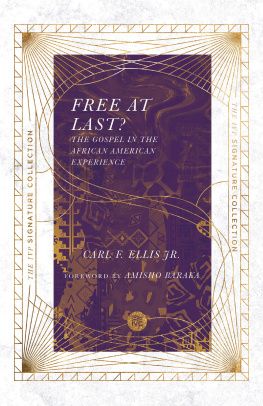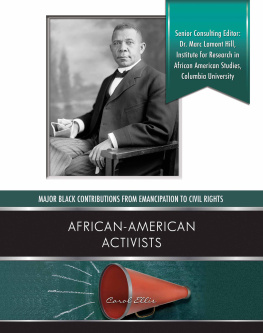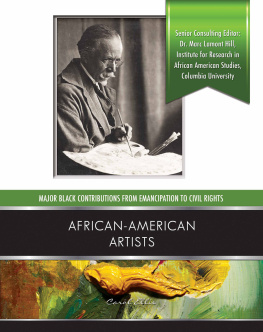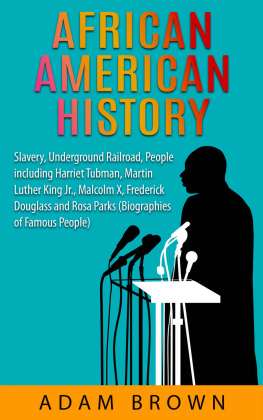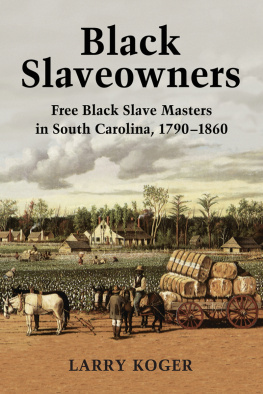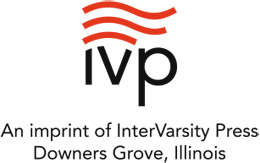Sommaire
Pagination de l'dition papier
Guide
InterVarsity Press
P.O. Box 1400, Downers Grove, IL 60515-1426
ivpress.com
Second edition: 1996 by Carl F. Ellis Jr.
First edition: 1983 by Inter-Varsity Christian Fellowship of the United States of America, published under the title Beyond Liberation.
All rights reserved. No part of this book may be reproduced in any form without written permission from InterVarsity Press.
InterVarsity Press is the book-publishing division of InterVarsity Christian Fellowship/USA, a movement of students and faculty active on campus at hundreds of universities, colleges, and schools of nursing in the United States of America, and a member movement of the International Fellowship of Evangelical Students. For information about local and regional activities, visit intervarsity.org.
All Scripture quotations, unless otherwise indicated, are taken from the Holy Bible, New International Version. NIV. Copyright 1973, 1978, 1984 by International Bible Society. Used by permission of Zondervan Publishing House. All rights reserved.
Text of Great Pax Whitie from My House by Nikki Giovanni. Copyright 1972 by Nikki Giovanni. By permission of William Morrow and Company, Inc.
Cover design and image composite: David Fassett
Images: marble texture: NK08gerd / iStock / Getty Imges Plus
geometric pattern: Kseniavasil / iStock / Getty Images Plus
ISBN 978-0-8308-4375-6 (digital)
ISBN 978-0-8308-4858-4 (print)
This digital document has been produced by Nord Compo.
To my children
CARL III AND NICOLE
who have given me the joy of fatherhood
and to my mother
MILDRED ELLIS PROTHO
whose help and support I will always treasure
Foreword
Amisho Baraka
There are years that ask questions and there are years that answer. The keen anthropologist and author Zora Neale Hurston made this observation. Maturity is a process that cannot be manipulated. As a young man I thought I had answers when I should have asked more questions. Some of my answers were harmful because of timidity. Some of my answers could have used more humility where certainty was applied. Some of my answers were thin when depth was necessary. Praise God Ive learned from my ignorant mistakes when I spoke authoritatively. I had to learn that having information did not mean I had comprehension.
The Jedi and sage Carl Ellis Jr. is a man who has asked many questions, which bears much fruit. As we examine his collection of work we hear a poised exhortation that is often drowned out by the rushing swings of a pendulum. The prudence of a man or woman isnt measured by their ability to consolidate with every wave in popular thought, but how they rise above the wave in defense of a truth that transcends time. I must say, as I write this, I fear that many Christians are more concerned with cultural relevance than the reverence of Christ. However, on the other end of the spectrum there are some who ignore the reality that God uses culture as a means to communicate his truth. Praise God that Carl Ellis carries the arrows of biblical literacy and cultural awareness in his quiver.
As I observe the Christian landscape, I recognize that in many circles spiritual maturity isnt measured by the application of what we believe but how well we argue it. We engage as children who ride a hobbyhorse of issues ready to trample over our opposition. We abandon one bandwagon to board another while hardly walking alongside the droves. We praise theological carpetbaggers traveling miles to teach the ill-informed. We are a culture that has an abundance of information but a scarcity of wisdom. Are we wasting our years with not asking the right questions?
Do we have ears to hear? How can we hear about him unless someone is sent? Praise God for the wisdom of Carl Ellis Jr. He has been a steady voice crying out from the halls of academia and the church.
I could only imagine a young Sho Baraka getting his hands on Free At Last? I would have discovered many answers in my years of search. I would not only have saved time consuming a thin theology but I would have been directed to an application that was most beneficial for my context.
There are well-natured Black practitioners who were baptized into a one-sided orientation of White evangelicalism that was void of a biblical view in social justice. However, some Black practitioners who were educated in liberal institutions have a high regard for addressing systemic injustice but a low regard for biblical authority. Praise God for Carl Ellis Jr. and the courage to speak grace and truth no matter the subject.
This book lifts up a gospel that not only renews hearts but also renews institutions. This book taught me to have a fidelity to the Scriptures while having a compassion for social justice. The Right wants you to believe that a concern for justice equates to licentiousness. The Left wants you to believe that a preservation of historical biblical ethics equates to oppression. Praise God for Carl Ellis that he presented a book that tears down the dividing wall of confusion.
Carl has lived a life that refuses to be prostituted as a political pawn. He does not stand in a hopeless middle that hides behind indecision. He stands confident on the truth of God that refuses to auction off its allegiance. He may be too radical for some and not radical enough for others. He may be in the middle because we live in a society that settles on ideologies that have often lacked nuance. As a Joshua people we know there is a time to kill and a time to heal. There is a time to search and a time to quit searching. Praise God Carl cares about the unborn child and the precarious predicaments that put women in a position to consider abortion.
The truth in these pages, written over thirty years ago, reads as if Mr. Ellis scrolled through his Twitter feed to address the polarizing ideologies of 2020. Praise God that truth is timeless. Praise God that Carl was brave. Praise God that this book answers many of my questions. Praise God Almighty I am free at last!
Preface to the Signature Edition
In 1965, a year after my first steps as a Christ follower, I was a freshman at Hampton Institute (now Hampton University), a leading Historically Black College or University (HBCU). The intense discipleship I received during these months helped me thrive and grow in biblical knowledge. By the end of my first year at Hampton, I was well on my way to figuring out the complexities of the world with a handful of Bible versesso I thought. Being outspoken about my faith earned me the nickname Preacher.
My journey to Jesus had been an odyssey of seeming improbabilities. Though I previously had a longing to know God, I was not religiously inclined. Everything that claimed to represent God was abhorrent to me. I despised religion, especially Christianity. I hated going to church and was turned off by church music and the archaic language of the King James Bible, to name a few. In essence, I was unchurchable.
The Christianity I knew never answered my questions or addressed issues I was concerned about. However, because of the emerging civil rights movement led by Dr. Martin Luther King Jr., I grudgingly acknowledged that Christianity might have something to contribute. Several years earlier, Dr. King visited my city and grabbed my attention when I heard him speak. After the rally, my father bought me Dr. Kings newly published first book,

